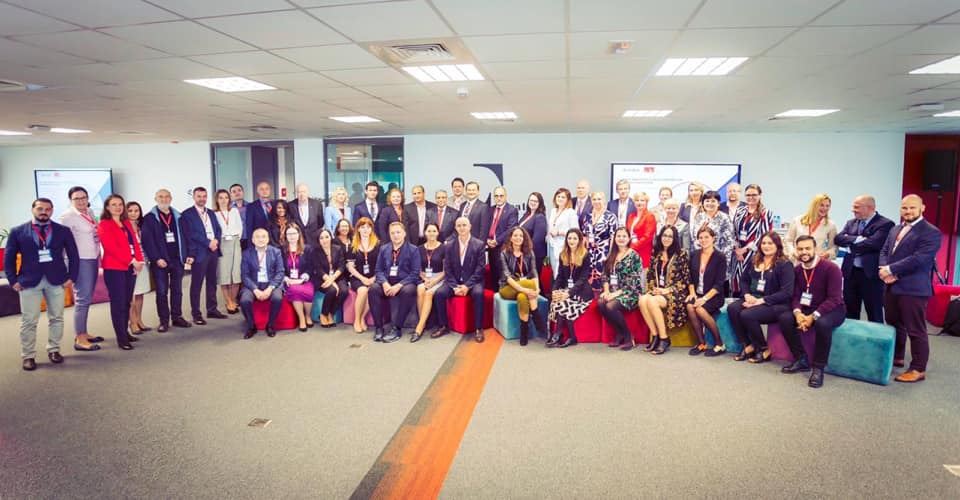
International Business what is the secret to success? Insights from the conference in Casablanca
How cultural features of different countries affect business, what is win-win-win and what is the formula for success on global and local markets? These and other topics were discussed by the participants of the XVII International ВМDA Conference “Cultural Sensitivity and Local Contribution” held on April 3-5, 2019 in Morocco. The conference on cross-cultural issues in the context of international business was attended by 78 representatives of business and business schools from 18 countries. Andrew Rozhdestvensky, CEO of Center for Leadership of UCU, was one of the speakers, so he shares the most interesting conclusions and insights of the conference.

The main discussion at the conference was focused on (de)globalization, that is adaptation of global world-views, ideas and processes to local conditions. The topic is very relevant, especially for business, since access to world markets is impossible without taking into account a number of national features of the countries encompassing these markets. It concerns both consumers and potential employees of companies, as well as society as a whole.
Each country has its own cultural features that often differ from our vision “how it should be” or “how it is correct”. For instance, how should a working day be arranged (the Chinese sleep in the workplace after dinner), how the negotiation process should take place (more attention will be paid to the negotiator’s personality and his respect to the other party than to the essence of the case in Morocco), how communication should be built up with a consumer and product localization (there is Kitkat with wasabi taste in Japan), etc.
On the one hand, cultural features and differences complicate the process of communication between people, though they give great potential for business, on the other hand. First of all, this is related to simplification of the business entry into new local markets. Second: team diversity creates new meanings and visions, which is a serious impetus for innovation. The case is not just that different ideas and approaches are offered by representatives of different cultures but also that you need to explain your ideas in a new way to people from other culture (not the way you would explain it to your fellow citizens), which already requires creation of new neural connections and guarantees that you will have to look at “self-evident things” under a drastically different angle.

Many conference participants agreed that one of the most important skills of a modern global leader is efficiency in adapting cultural differences within a single team. Though, everyone has to begin from thyself, of course: from own “cultural consciousness”, understanding my basic ideas, values, and cultural artifacts. Business schools, in turn, should take this into account in the course of training programs development for training organizational leaders and incorporate blocks related to cultural diversity and cross-cultural teams management into the program.
The issue of interaction between partners and society and impact of business and entrepreneurs on the society development is as well important at both global and local levels. An idea of the so-called “win-win-win”, which differs from the classic “win-win” is interesting by the fact that the two parties in a “conflict” situation have to think not only about the interests of each other but also about the interests of the society. Corporate social responsibility of the business, i.e. CSR, is coming into the picture at the organization level. Equally important role is played by trust, the laws and formation rules of which must be understood and adhered to by entrepreneurs. All of this helps in forming a “warm” feedback of society, and, accordingly, consumers, about you, your business and product.
Summing up, we can assume that the formula for business success in global and local markets is the following: taking into account cultural differences and creating cross-cultural teams, building trust and social responsibility of the company.